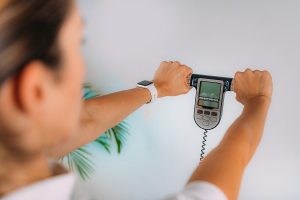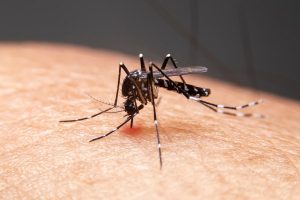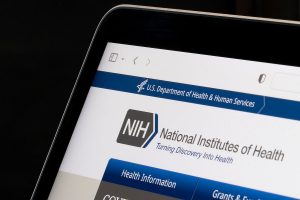Although some U.S. states put up big amounts of cash to influence residents to get their COVID-19 vaccinations, it didn’t appear to make much any difference in immunization rates.
Investigators who found that to be true in an earlier study in Ohio looked to 15 additional states for this latest research.
The Boston University School of Medicine researchers assessed changes in COVID-19 vaccination rates in those 15 states, reviewing data from the U.S. Centers for Disease Control and Prevention and the individual state health departments to evaluate trends in vaccination rates among adults in states with and without lottery incentive programs.
The team found no association between state-based vaccine lottery incentive programs and increased rates of COVID-19 vaccination.
“As in our prior study of Ohio’s lottery incentive, we unfortunately did not find an increase in COVID-19 vaccinations related to lottery incentive programs in other states,” said study author Dr. Anica Law, an assistant professor of medicine.
These results suggest that state-based lotteries are of limited value in increasing vaccine uptake, the researchers said.
“Further studies and resources should be devoted to other strategies to increase vaccination rates, including those that more directly target underlying reasons for vaccine hesitancy,” Law said in a university news release.
The findings were published online Jan. 4 in the journal JAMA Internal Medicine.
More information
The U.S. Centers for Disease Control and Prevention has more on COVID-19 and vaccines.
SOURCE: Boston University School of Medicine, news release, Jan. 4, 2022
Source: HealthDay
Copyright © 2025 HealthDay. All rights reserved.

















